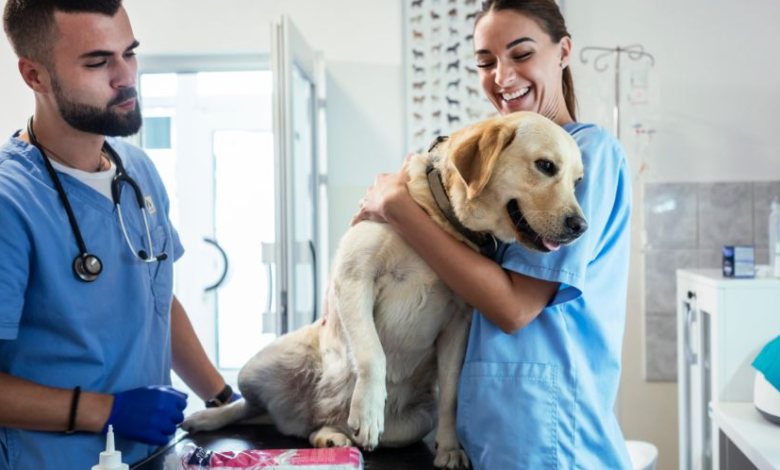Understanding The Role Of A Veterinary Surgeon In Animal Care

Introduction To Veterinary Surgeons
A veterinary surgeon plays a crucial role in the animal care industry by providing medical and surgical treatment to animals. These professionals are trained to diagnose, treat, and prevent diseases in pets, livestock, and other animals. Their expertise ensures the health and well-being of animals, which is essential not only for the animals themselves but also for public health and safety.
Educational Path And Training
Becoming a veterinary surgeon requires extensive education and practical training. Candidates typically complete a degree in veterinary medicine, which includes both theoretical coursework and hands-on clinical experience. After veterinary surgeon graduation, many veterinary surgeons choose to specialize in specific fields such as surgery, dentistry, or internal medicine by undertaking further training and certifications.
Daily Responsibilities Of A Veterinary Surgeon
The work of a veterinary surgeon involves a wide range of tasks, including routine check-ups, vaccinations, surgical procedures, and emergency care. They perform surgeries to treat injuries, remove tumors, or correct congenital defects. In addition, veterinary surgeons provide guidance on nutrition, preventive care, and managing chronic illnesses to pet owners and farmers.
See also: Understanding Olens: A Popular Choice in E-Commerce
Importance Of Veterinary Surgeons In Animal Welfare
Veterinary surgeons play a vital role in promoting animal welfare by ensuring animals receive timely medical care. They also contribute to controlling infectious diseases that could potentially spread to humans. By educating animal owners and implementing vaccination programs, veterinary surgeons help maintain healthy animal populations.
Advances In Veterinary Surgery
Technological advancements have significantly improved veterinary surgical practices. Modern equipment, minimally invasive techniques, and better anesthesia methods have increased the safety and effectiveness of procedures. Veterinary surgeons continuously update their skills to adopt these innovations, leading to improved outcomes for animals.
Challenges Faced By Veterinary Surgeons
The profession comes with challenges such as managing complex cases, dealing with emotional stress from sick animals, and communicating effectively with concerned pet owners. Veterinary surgeons must balance medical expertise with compassion and excellent interpersonal skills to provide the best care.
Choosing The Right Veterinary Surgeon
Finding a qualified and experienced veterinary surgeon is essential for ensuring the best care for animals. Factors to consider include the surgeon’s credentials, experience with specific animal types, reputation, and the quality of facilities. Building trust with a veterinary surgeon allows for better ongoing care and support.
Conclusion
A veterinary surgeon is indispensable in the animal care industry, offering essential medical services that safeguard animal health. Their expertise not only improves the quality of life for animals but also supports the broader ecosystem by controlling diseases and promoting welfare. Understanding the role and significance of veterinary surgeons helps animal owners make informed decisions about the care their animals receive.




